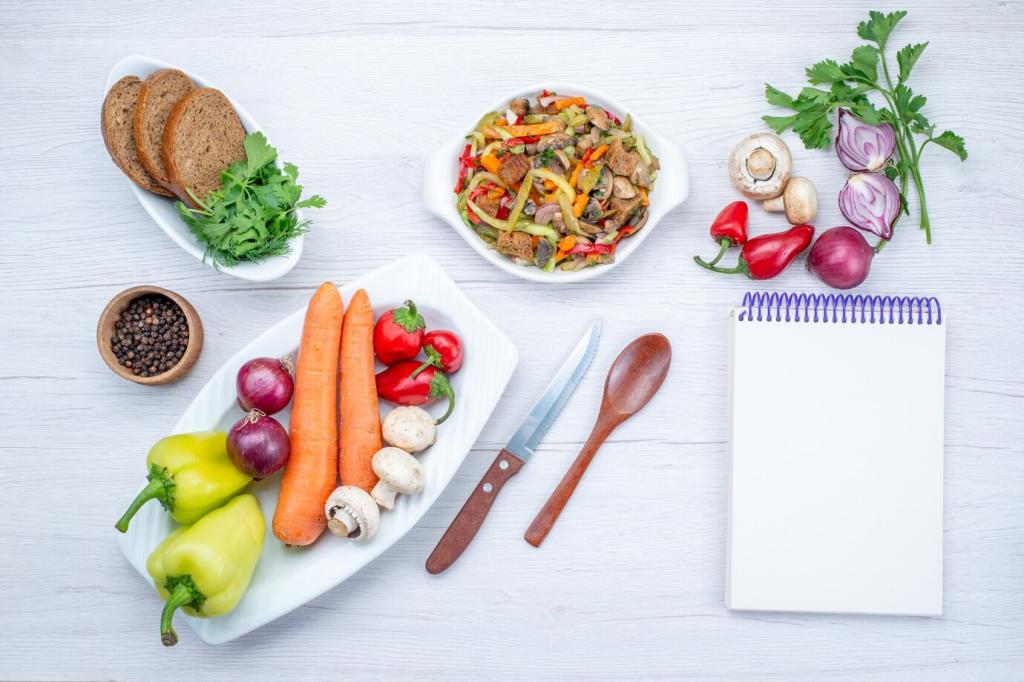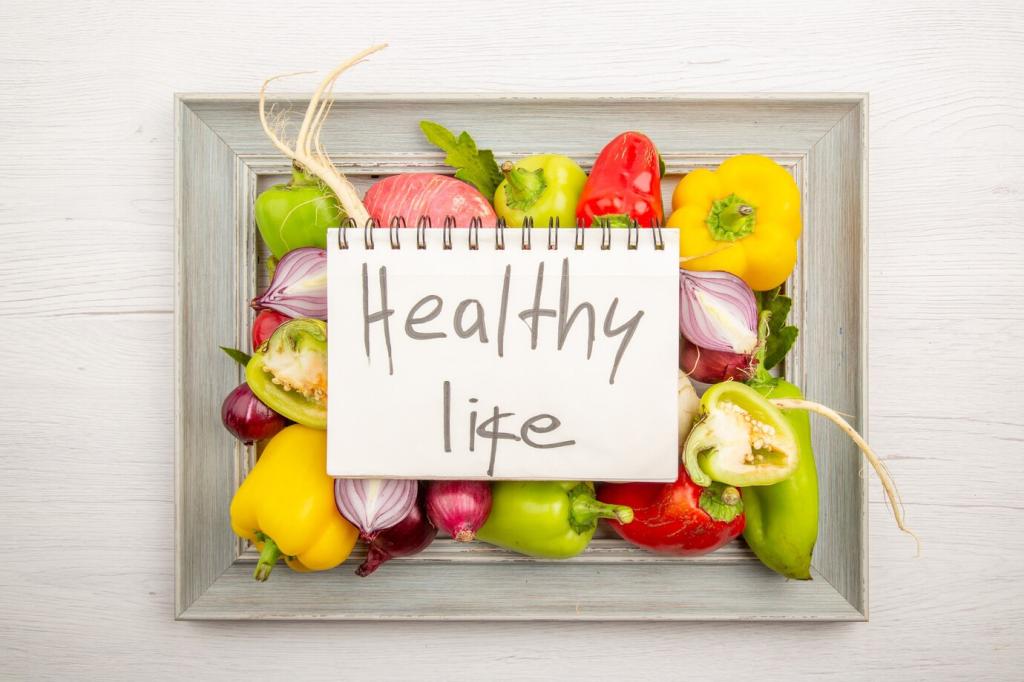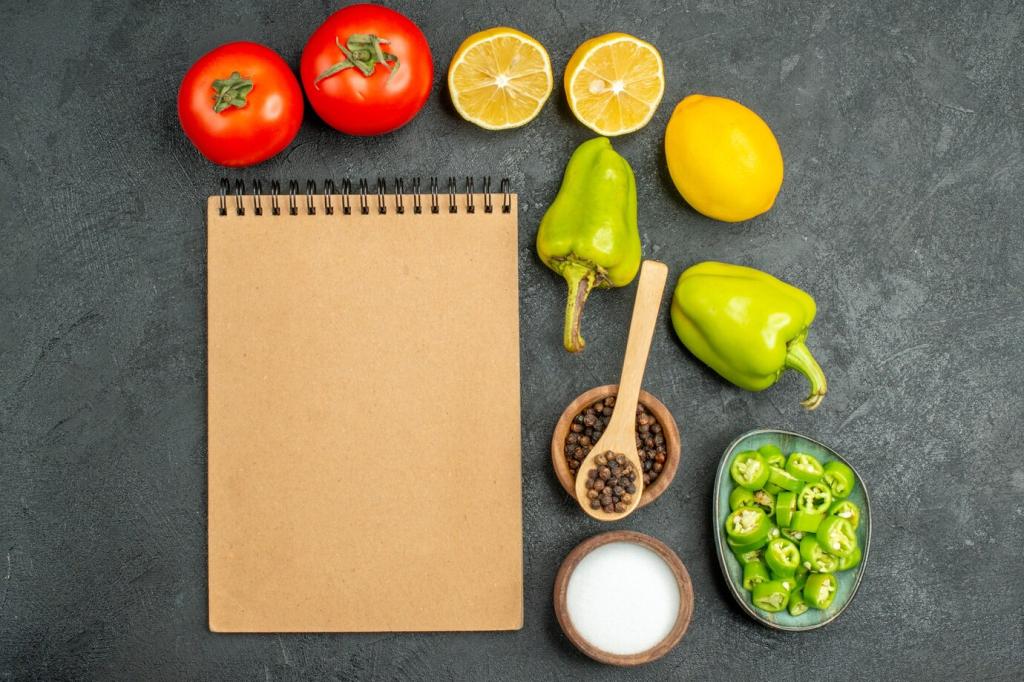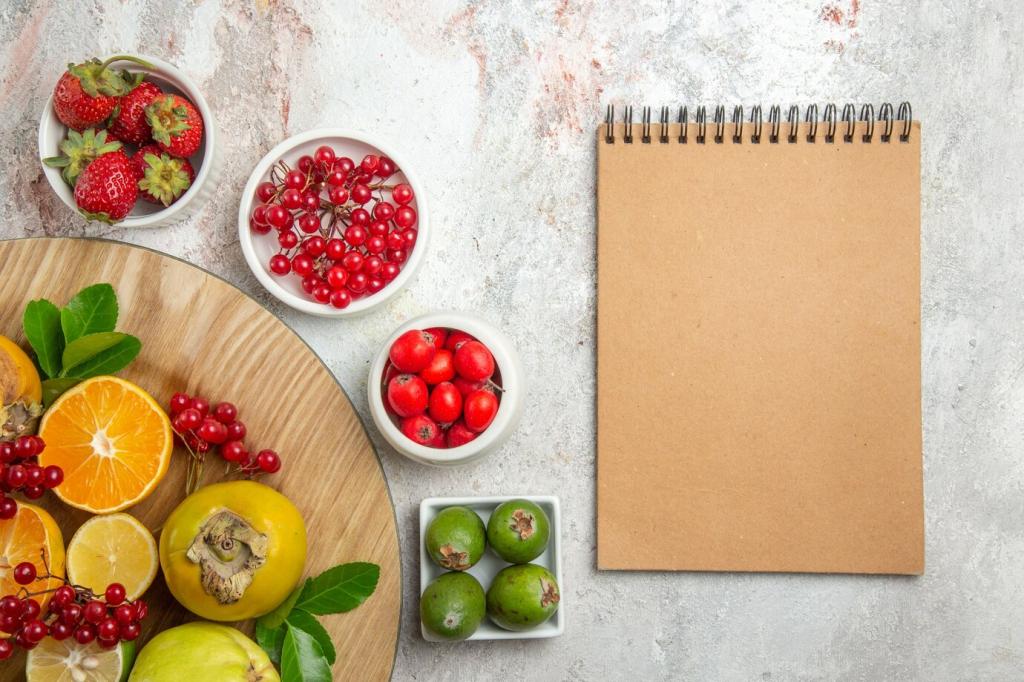
Fueling Stronger: Plant-Based Diets for Athletes
Chosen theme: Plant-Based Diets for Athletes. Welcome to a training table where plants power speed, strength, and recovery. Explore actionable strategies, honest stories, and smart science—then join the conversation, share your wins, and subscribe for weekly playbooks tailored to athletic life.



Training-Day Nutrition Strategy
01
Eat an easily digestible meal two to three hours pre-workout: oatmeal with banana and peanut butter, or rice with tofu and mango salsa. For a quick boost, sip beetroot juice for dietary nitrates and a small coffee if you tolerate caffeine. Practice timing during lower-stakes sessions first.
02
For sessions longer than ninety minutes, aim for steady carbohydrates and fluids. Dates, homemade rice bars, or plant-based gels deliver quick energy without heavy digestion. Pair with electrolytes to replace sodium and maintain fluid balance. Experiment in training, never on race day, and record what your stomach prefers.
03
Within an hour post-workout, combine carbohydrates with 20–35 grams of protein. A smoothie with soy milk, berries, oats, and pea protein hits the mark. Tart cherry juice may ease soreness; add ginger for extra support. Tell us your favorite recovery combo, and we’ll feature top recipes in our newsletter.
Iron and zinc without the guesswork
Legumes, tofu, pumpkin seeds, and fortified cereals support iron and zinc. Boost non-heme iron absorption by pairing with vitamin C—think lentil stew plus lemon, or spinach with orange segments. Reduce phytates by soaking, sprouting, or fermenting. Schedule periodic blood work, especially during heavy training or altitude blocks.
The essentials: B12, vitamin D, and iodine
Vitamin B12 is non-negotiable; supplement consistently to support red blood cell formation and neurological health. Consider vitamin D if sun exposure is limited, and use iodized salt or controlled seaweed intake for thyroid support. Fortified plant milks help round out calcium and vitamin D conveniently and reliably.
Omega-3s for brain and body
ALA from flax, chia, and walnuts is helpful, but athletes may benefit from algae-based DHA/EPA for cognition and inflammation management. Many notice calmer joints, clearer focus, and steadier mood during big training blocks. If you’ve tried algae oil, share your dose and perceived effects with the community.
Practical Meal Planning for Busy Athletes
Cook two big bases—say chili and a grain bowl—then remix all week with salsa, herbs, sauces, and crunchy toppings. Pre-cook tofu or tempeh, roast sheet-pan vegetables, and portion snacks. Keep portable options ready for the car or gym bag, like roasted chickpeas and homemade trail mix.


Practical Meal Planning for Busy Athletes
Buy staples in bulk: oats, rice, dried beans, lentils, and frozen vegetables. Choose seasonal produce for better flavor and cost. Fortified store-brand plant milks often match premium labels for nutrients. Track waste, repurpose leftovers creatively, and celebrate small savings by sharing your best budget hack in the comments.
Athlete Stories: From Doubt to Data
An 800m runner, Maya swapped heavy late dinners for earlier, lighter plant meals and added a pre-run beet smoothie. Within six weeks, her splits stabilized, and her final 200m stopped fading. She credits consistent carbs and soy protein for keeping workouts snappy. Have you tried beet juice timing yet?

Science Spotlight: Edges That Add Up
Plant foods pack polyphenols that may help manage exercise-induced inflammation and soreness. Think berries, turmeric, leafy greens, and cocoa. Many athletes report less DOMS when they focus on color diversity. Try a seven-day rainbow challenge and share whether your legs feel fresher during tempo or threshold efforts.
Science Spotlight: Edges That Add Up
Diverse fibers feed a resilient microbiome, potentially supporting immune function and carbohydrate utilization. Add legumes gradually to avoid GI distress, and hydrate well. Prebiotic foods—bananas, onions, oats—pair nicely with fermented options like plant yogurts. Want a gut-friendly race-week menu? Comment “GUT” and we’ll send the template.
